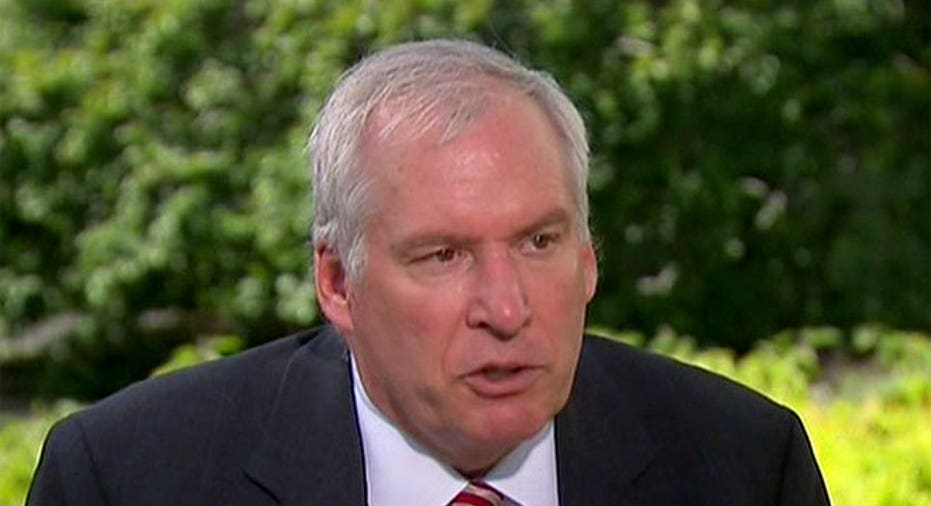Boston Fed's Rosengren Maps Case For a Dove's Rate Hike

By the middle of next year, Federal Reserve Bank of Boston President Eric Rosengren says he expects unemployment to fall to 4.7 percent and inflation to beat the Fed's 2 percent target, leaving policymakers at risk of having to squelch the recovery with faster-than-expected rate increases.
When Rosengren surprised markets with his dissent at September's Fed meeting and argued for an immediate rate rise, it was with that forecast in mind, and a concern that the best way to protect future job growth is to slow things a bit now even if it is a risk, he said.
"We have the luxury right now to make a change, wait a little while, see what the impact is," Rosengren said at the conclusion of the Boston Fed's annual economic conference in an interview with Reuters.
"If you wait too long ... the more likely you are going to have to do it more quickly ... The less likely you are to calibrate it just right."
The result: a jobless rate that might dip to an ultra-low level, but then force the Fed to risk a recession with faster increases. Rosengren argues the Fed might instead engineer a soft landing that brings the economy to full employment and "we would basically stay there."
His view puts him in the odd position of lodging dissents in recent years from different directions. In 2013 he opposed the decision to cut monthly bond purchases because "patience remains appropriate" in an economy yet to prove its strength.
Now, he is itchy to pull the trigger, though arguing his aim is the same, to maximize employment through the business cycle.
The dissent, in essence the "dovish" case for a rate hike, comes amid renewed discussion over how much room U.S. labor markets have to improve. At her press conference last month Fed Chair Janet Yellen said she felt there was still "room to run."
During the conference here, a spate of research suggested low-growth and other trends apparent since the crisis may continue. Yellen said it is possible that running a "high-pressure economy" could reverse damage from the 2007-2009 crisis that depressed output, sidelined workers, and risks leaving permanent scars.
Rosengren does not dispute that. But he argues his approach is consistent with an effort to "probe" just how tight labor markets can get, without tying the Fed's hands.
"I want to probe, I don't want to plunge," he said. "I am getting more concerned about the optionality we are losing if we wait too long."
(Reporting by Howard Schneider)



















